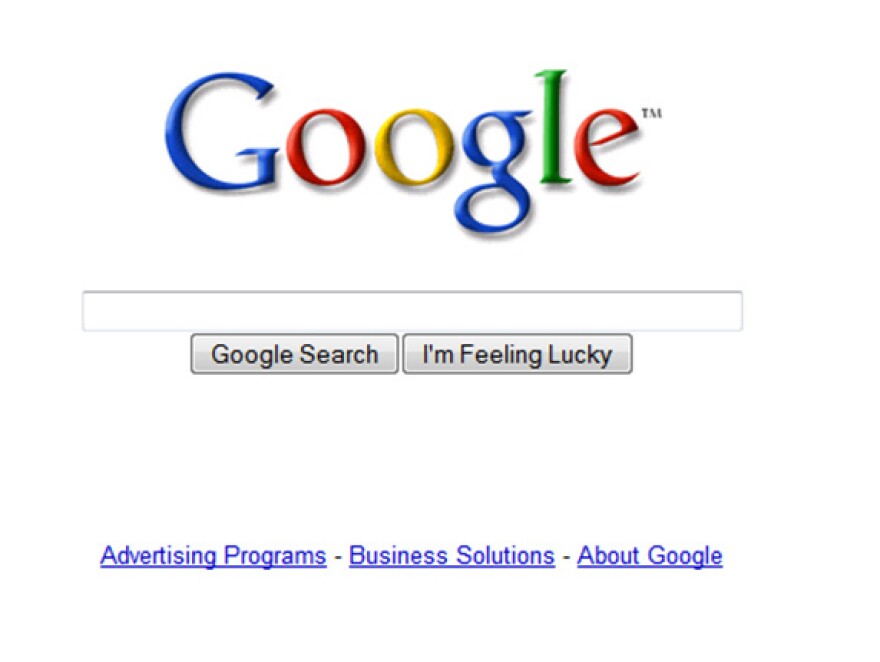Even the least tech-savvy among us has probably built up some kind of an online “past”, whether through photos on Facebook, or a mention in a newspaper article, or public documents- from arrests to divorce to debt. On one hand, this 'permanent record' can be a great benefit for potential employers and others curious about us, providing a sense of our job history, personal life, and accomplishments all with one Google search. At the same time, though, mistakes, embarrassing photographs, or other indiscretions are also cataloged, seemingly forever. But now, a new law in the European Union aims to remove access to much of this material, if a person wants. And while citizens over there are still sorting this out, some wonder if the U.S. would – or could – ever take similar measures.
- John P. David– president of the media relations firm David PR Group, whose clients include law firms and technology start-ups. He is also partner with the online reputation management firm WebFactCheck.com, which helps businesses respond to negative internet posts.
- David M. Ewalt- a journalist covering technology and the game business. He writes a blog for Forbes and is author of the award-winning book Of Dice and Men: The Story of Dungeons & Dragons and The People Who Play It.
- Nuala O’Connor- president and CEO at the Center for Democracy & Technology
LINKS:
- a Boston Globe editorial about the right to be forgotten: "While it’s easy to sympathize with people who’d like to put a decade-old mistake or mishap behind them, the removal of links to information from legitimate public sources at some point becomes censorship. If nothing else, the European ruling provides a lesson on the pitfalls of having the results of an Internet search algorithm subjected to court scrutiny."
- Nuala O'Connor's piece about the dangers of the right to be forgotten: "There may be good reasons that people’s pasts shouldn’t factor into their present, but there may also be good reason that we should know if someone running for office misused public funds or if someone seeking employment has a criminal record. Ultimately, we should be allowed to make the decision if, based on publicly available information, someone should be forgiven for past misdeeds."
- John P. David looks at who and what deserves to be forgotten: "And here's another question: What if Google's efforts in the E.U. turn out to be well received and uncontroversial? Might the worldwide search engine itself migrate the policies to the United States and the rest of the planet."







